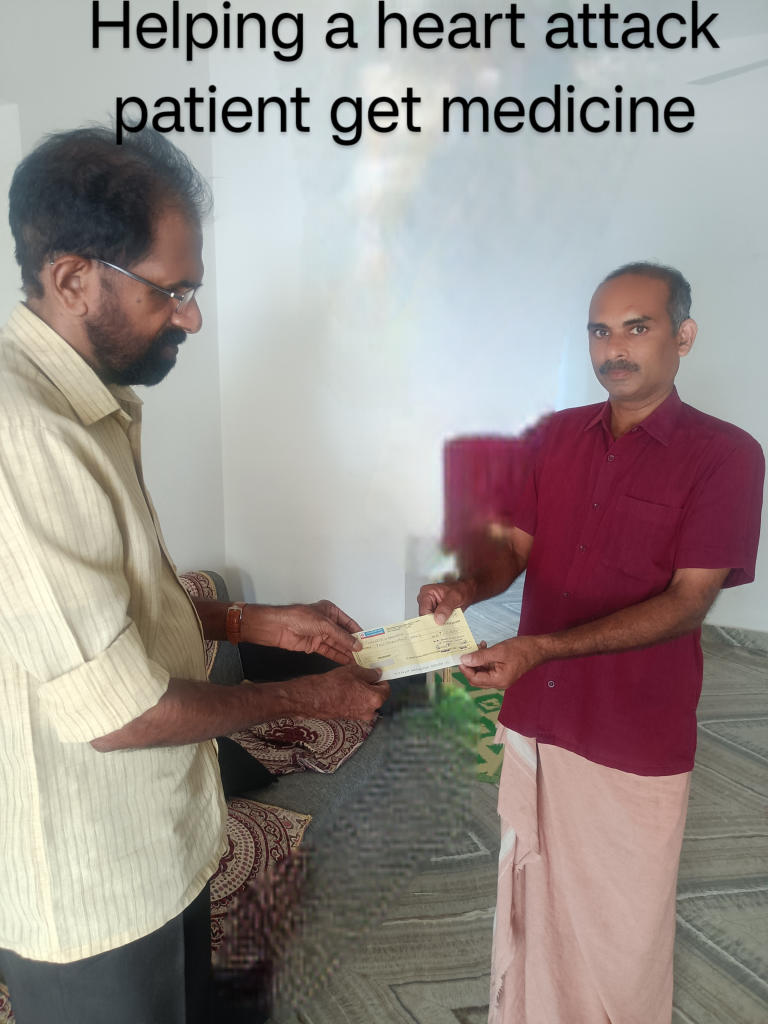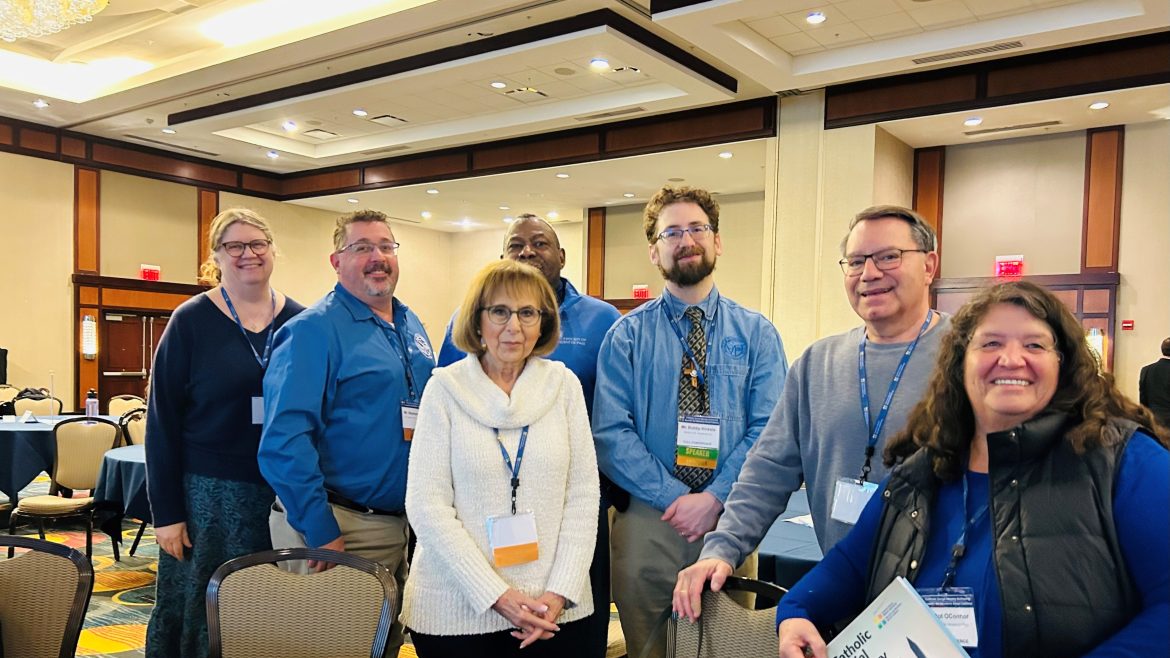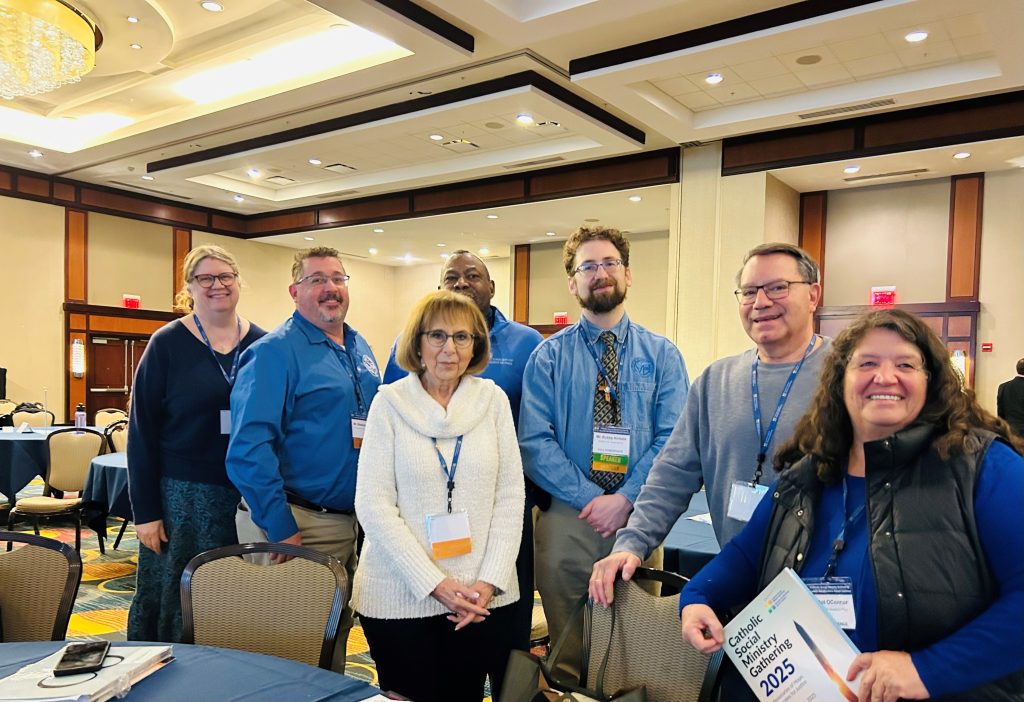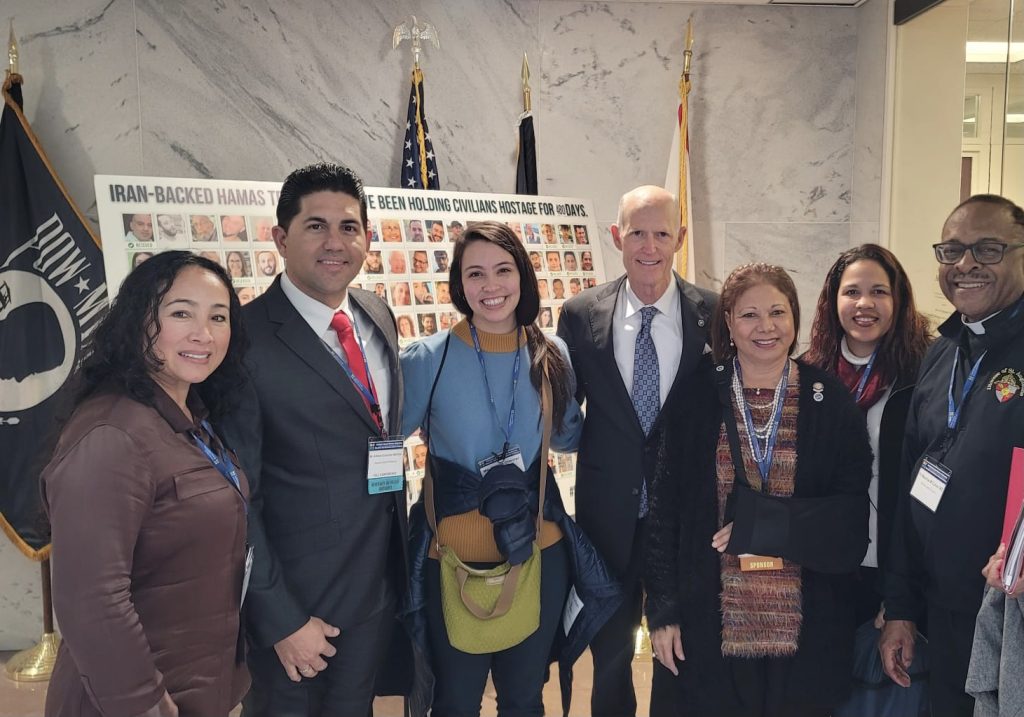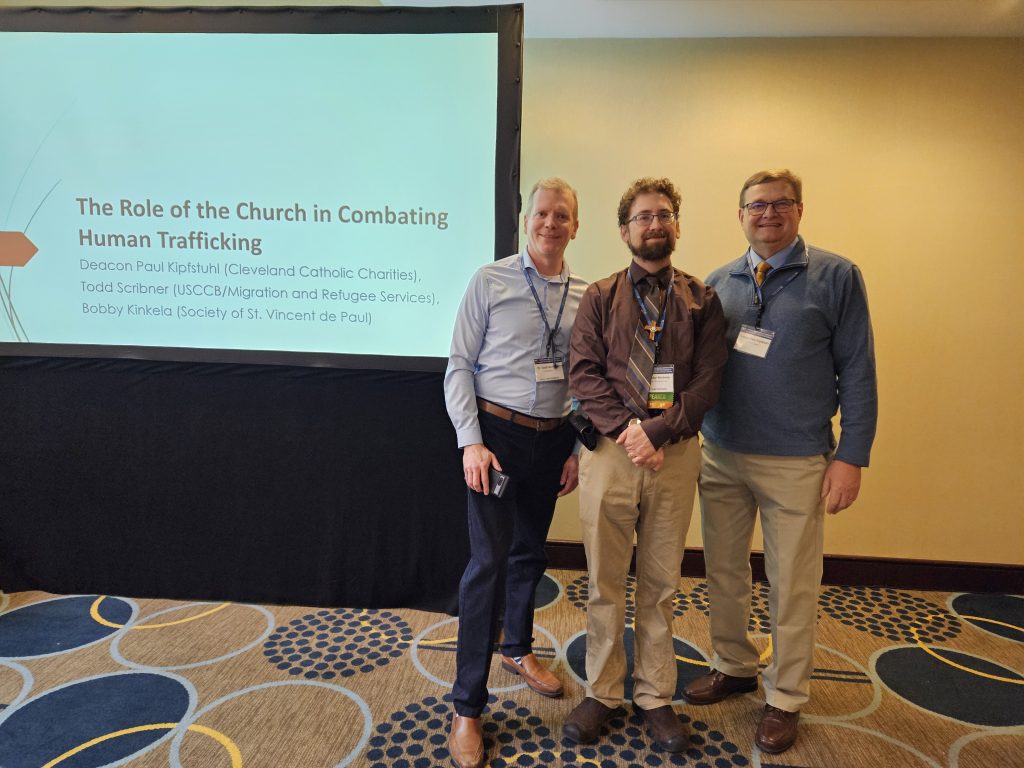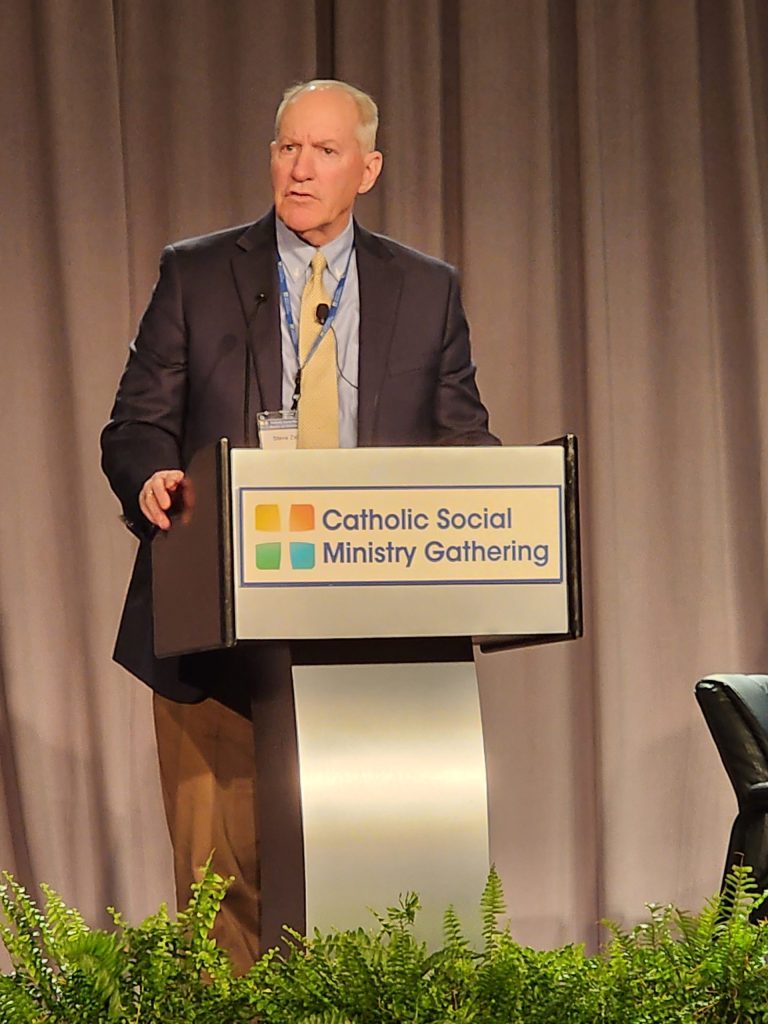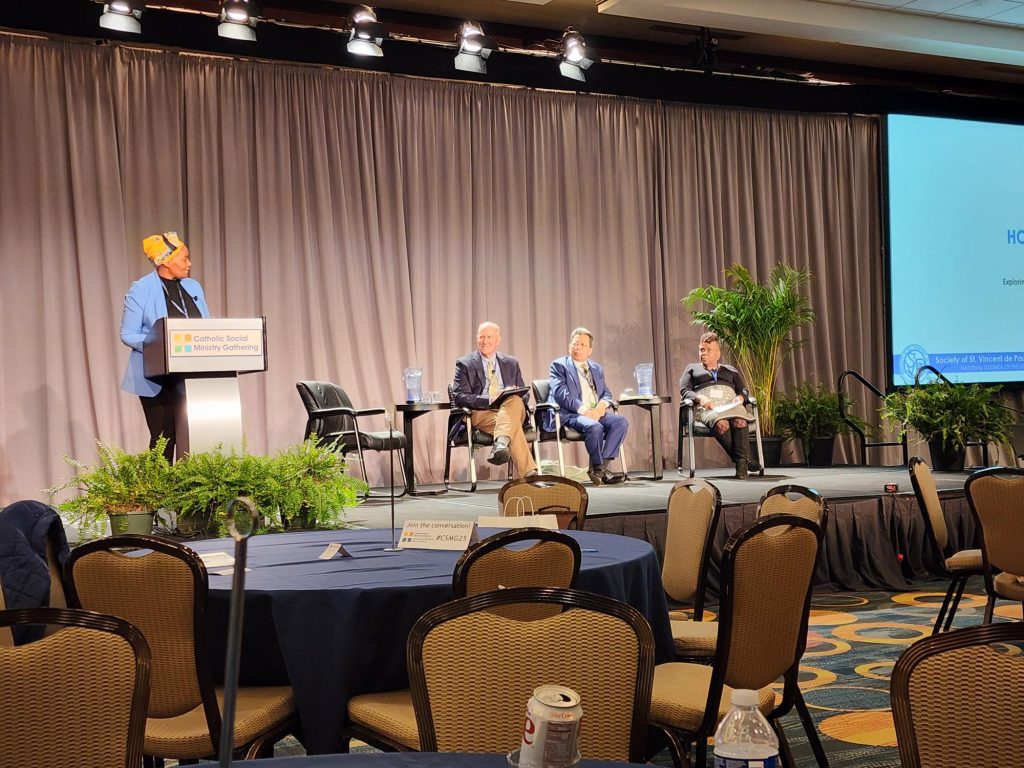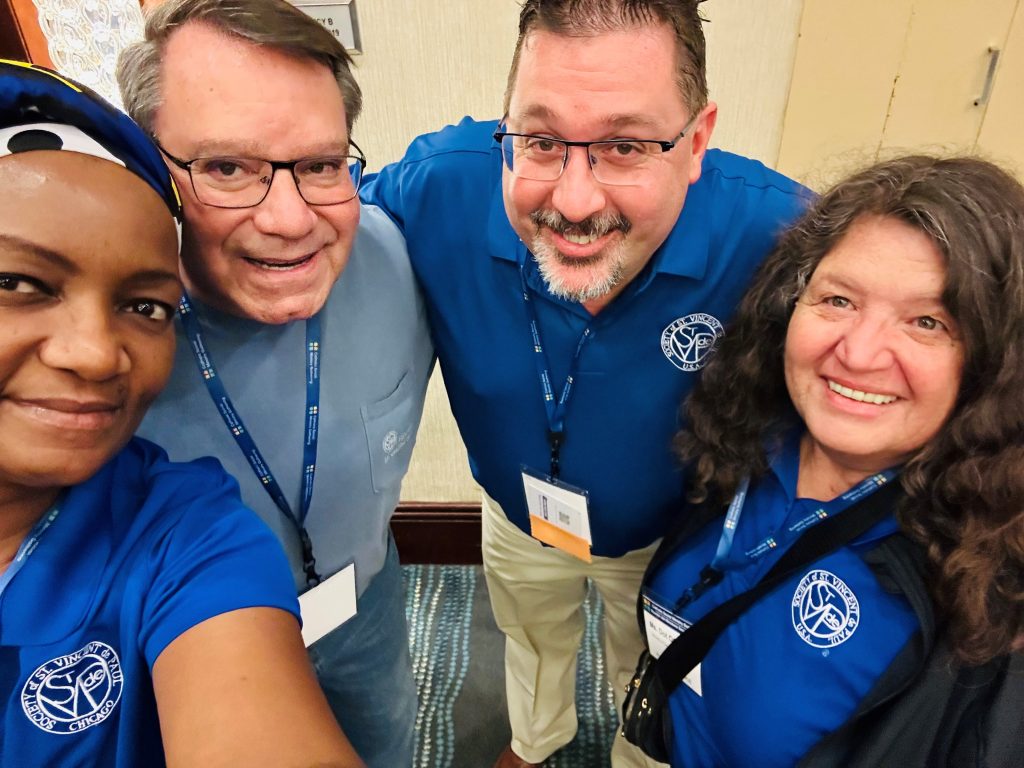Feeding Hope: A Vincentian Connection from California to Morelos

Through the International Twinning Program of the Society of St. Vincent de Paul, Vincentian communities form bonds of faith and charity that transcend borders. One inspiring example is the partnership between the St. Clement Conference in Hayward, California, and the Centro Vicentino de Morelos, operated by the Council of Region IV in Cuernavaca, Mexico.
The Centro Vicentino runs three essential projects: Nutrition, Education, and Community Support, which serve more than 450 families each month. Through these programs, families receive basic food pantry items to ensure they have meals at home. Additionally, the Center prepares and distributes hot meals daily, both on site and outside hospitals, providing nourishment to the families of patients who often face difficult circumstances.
This compassionate service goes beyond addressing physical needs, offering hope, dignity, and spiritual comfort to those served. The ongoing partnership with St. Clement Conference has strengthened the Center’s capacity, allowing it to reach even more vulnerable individuals and communities.
More than just financial support, this twinning relationship is a shared journey of prayer, communication, and commitment to service. The impact resonates deeply on both sides of the border. Families in Cuernavaca receive vital assistance and hope, while the members of St. Clement Conference experience spiritual renewal as they witness the power of solidarity.
If your Conference is not yet part of the Twinning Program, now is the time to consider joining. Twinning transforms lives, not only of those receiving help but also of those who serve.
To learn more about starting a Twinning relationship and discover the areas of greatest need, visit:
https://ssvpusa.org/international-twinning

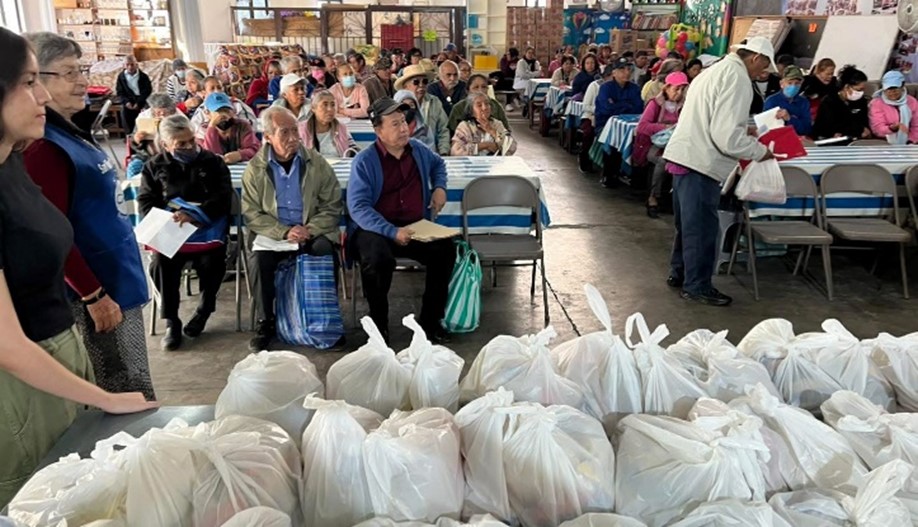



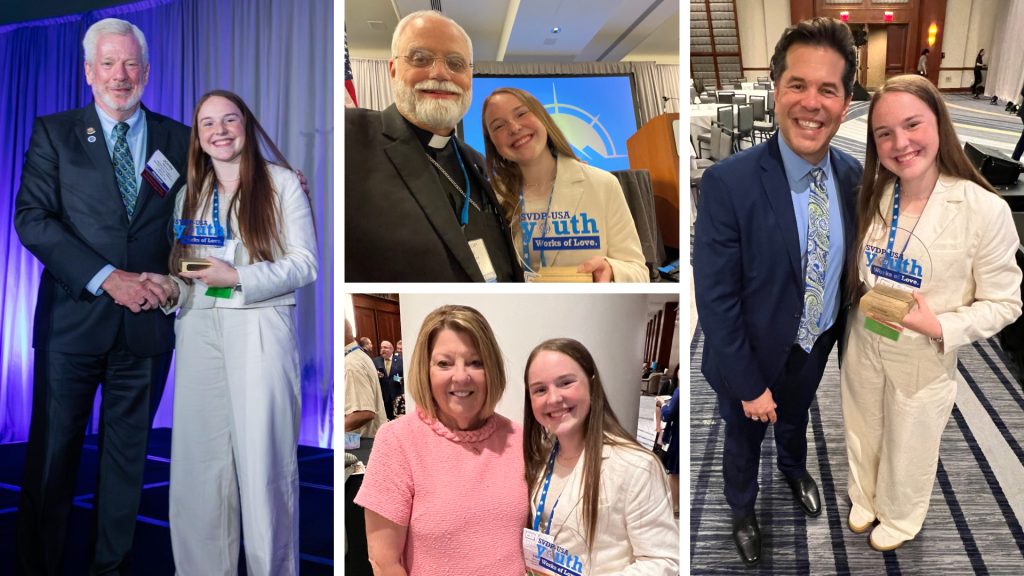

 Annual reporting is an essential requirement for all Councils and Conferences.
Annual reporting is an essential requirement for all Councils and Conferences.

